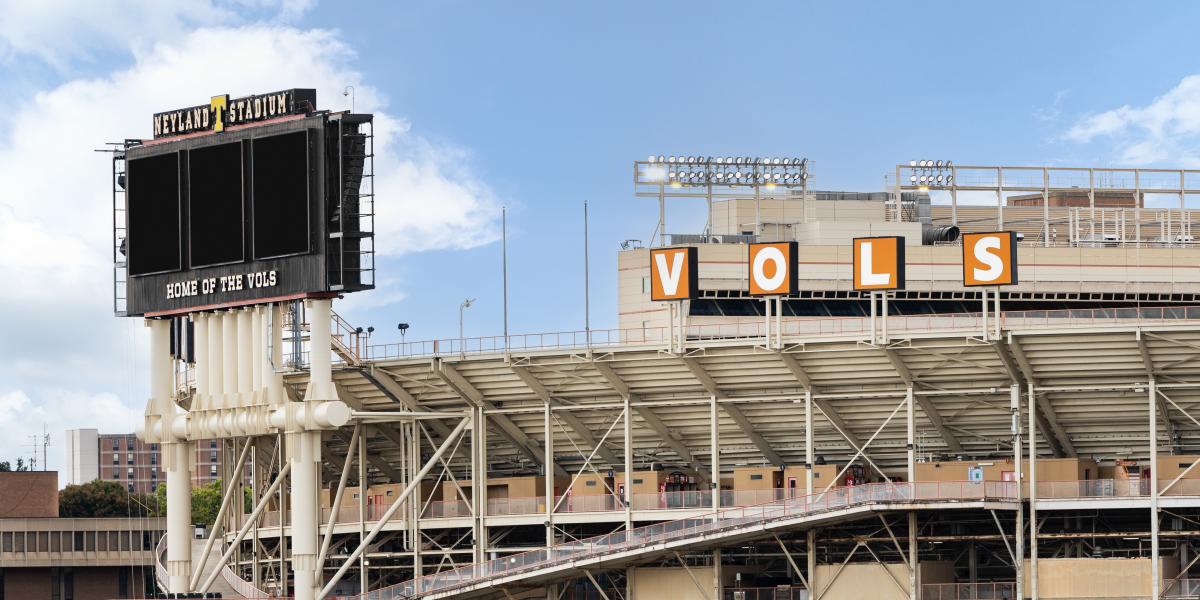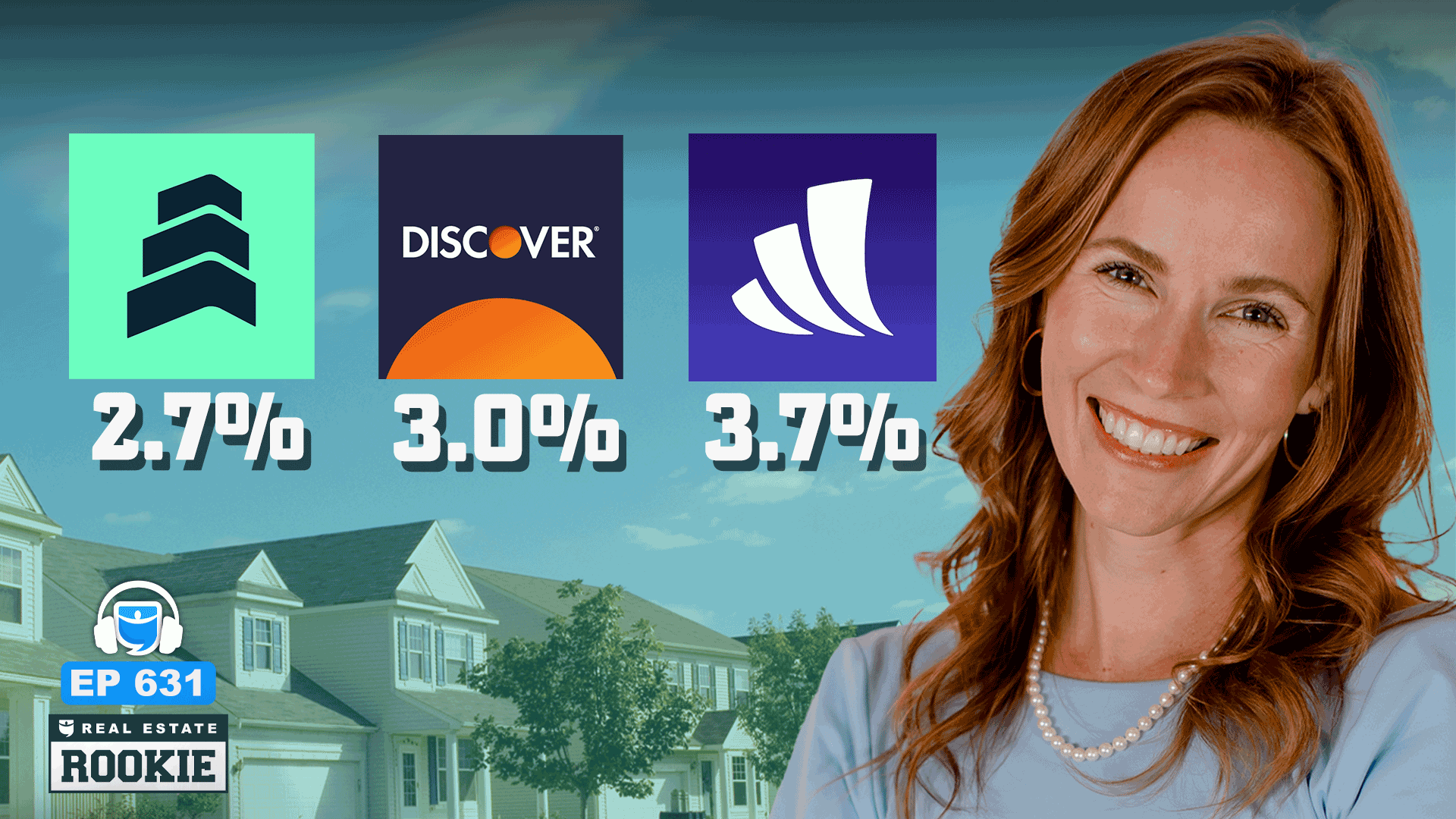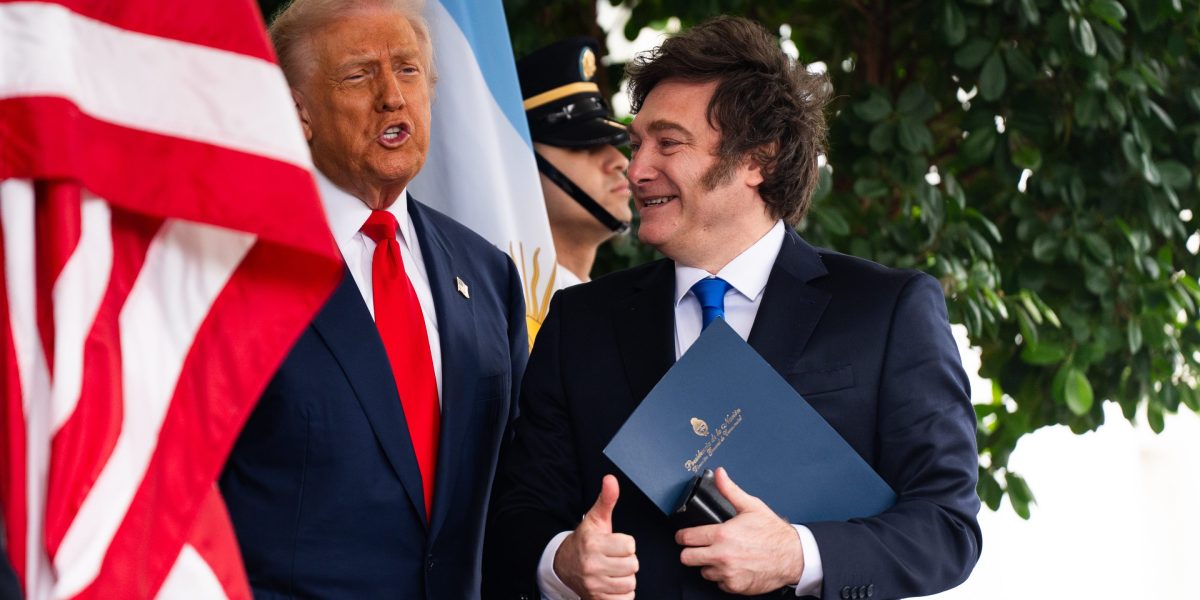Anyone who follows college football is aware of the unceremonious divorce between the University of Tennessee Volunteers and the team’s star quarterback, Nico Iamaleava. Just as the original multi-million-dollar NIL (Name, Image, and Likeness) deal with Iamaleava a few years ago was considered to be ground-breaking, this also is the first time that we have had a “holdout” situation in which an athlete refused to play unless he received a pay raise.
We know how that turned out both for Tennessee and Iamaleava, as once news of the contract dispute hit the news, Iamaleava skipped the last spring football practice before the annual spring football game and both sides decided to end the relationship. How this situation came about and what it has to do with free market economics needs further explanation.
In a previous article, I explained the modern landscape of Division I college sports, which has moved quickly from a restrictive and mostly-amateur regime to one in which there are no official limits on what university NIL collectives can pay athletes, and where athletes are free to transfer to collegiate programs elsewhere without penalty during the official transfer portal periods. For example, assume that John Big is a quarterback at Podunk U and would love to see if he can be a star at State, which plays in a Power Four conference.
In previous years, Big would have had to sit out a year and most likely State would not want to use a scholarship for someone who was not playing, so Big would be on his own. However, with the new NCAA transfer portal, Big would be eligible immediately, and if State believed he could help the team, then he could move on from Podunk and be a star at State. We have seen this play out in basketball, as players from mid-major programs who had not been high school superstars and developed after they came college might be able to have a better opportunity to showcase their talents.
For example, Dalton Knecht, who was lightly recruited in high school, went to a junior college, then moved on to the University of Northern Colorado, where he was one of the best players in his conference. He used his last year of college eligibility at the University of Tennessee, where he was named Player of the Year for the Southeastern Conference and first-team All-American, along with being a first-round NBA draft pick. Likewise, Auburn University star Johni Broome, who was second in voting for national Player of the Year, transferred to Auburn from mid-major program Morehead State in Kentucky.
With some exceptions, the combination of the transfer portal and unrestricted NIL payments have turned college athletes into permanent free agents who are free to shop their talents to any program willing to pay them. Now, the law of scarcity tells us that not many athletes will command the big payday like Iamaleava or University of Miami quarterback Carson Beck, who reportedly commanded $4 million after he transferred from the University of Georgia.
Of course, free agency also means that star athletes will be tempted to leverage their positions at key moments, and that is where the Iamaleava saga begins. Last fall, Tennessee’s football team qualified for the first-ever 12-team playoff for the national championship, and the Iamaleava camp allegedly threatened to pull him out and enter the winter transfer portal unless Tennessee upped their payments to him and his family, which the university did (supposedly from $2 million a year to $2.4 million).
As the spring transfer portal approached, the Iamaleava camp again demanded more money, but this time Tennessee refused, leading to the drama and ultimate divorce between the two parties. While Tennessee has received a lot of praise from other coaches and pundits for not backing down, nonetheless this is a huge setback for the football program as there are only two other scholarship quarterbacks on the roster, with both being inexperienced in college play.
Iamaleava, on the other hand, is not likely to see the same payday as he might have received had he hit the portal in the winter. When applying economic analysis to demand for services for either athletes or coaches, timing is everything; so is perception. His market value was at its highest just before Tennessee lost 42-17 to Ohio State in the first round of the College Football Playoffs. However, had he refused to play because he wanted more money, he likely would have been perceived as not being much of a team player and a mercenary. Americans can understand someone wanting a better deal, but had he taken his team down by looking for the brass ring, college football fans might have seen him as someone who deliberately pulled the rug from under his coach and teammates to chase the Almighty Dollar.
According to reports, major programs that still have not decided on a starting quarterback are interested only if Iamaleava’s asking price falls to about $1 million, which means that his decision to use the “nuclear option” has backfired:
Several schools are interested in Iamaleava, but only if he’s open to a deal worth around $1 million, according to a report from On3 Sports’ Pete Nakos.
That would be a serious discount for a quarterback who was looking for a big raise.
Iamaleava, who was getting a reported $2.4 million from the Volunteers, was hoping to secure a package from the Vols worth around $4 million to bring himself in line with the perceived market value for quarterbacks.
But the logistics of adding a would-be starting quarterback this late in the offseason might present too great a risk for many programs to bring him on.
(The latest reports have Iamaleava landing at UCLA, which only went 5-7 last year and is not considered to have a team strong enough to challenge for a spot in the College Football Playoff. While no money figures have been announced, it is understood that the Iamaleava camp will receive substantially less money than the $4 million it allegedly demanded at Tennessee and might even be less than the rumored $2.4 million that Tennessee was paying.)
But isn’t this the free market that Austrian economists and fellow travelers support, even if it invites opportunistic behavior? There is nothing in economic analysis that suggests we are supposed to tolerate such behavior; in fact, in market settings we often set up defense mechanisms to keep us from opportunism from others. In professional sports, for example, players are tied to teams through contracts. College coaches have buyouts written into their contracts, as coaches are notorious for being mercenaries.
Matt Hayes of USA Today suggests that NIL contracts come with buyout clauses to keep athletes from jumping to other programs so easily:
I’ve got a better idea: treat players like coaches and solve the problem.
Hello, buyouts.
Buyouts don’t restrict coaching movement, they’re simply an addendum to a contract outlining a fee paid to the employer if the employee decides to leave for another job prior to the end of the contract.
That fee is agreed upon by both parties during initial contract negotiations, and is legally secure. If a coach wants to later leave one job for another, it’s on him to pay his buyout.
While it is clear that the Iamaleava camp made a huge entrepreneurial error if they believed that spurning Tennessee would immediately result in a bigger payday, Tennessee’s football program suffered harm as well. Unlike professional sports, in which athletes are contractually bound to teams until they are traded, or the contracts expire, collegiate teams receive nothing if an athlete suddenly departs; hence, the suggestion for buyout clauses.
In any kind of market, entrepreneurs must deal with uncertainty and the college sports markets are no exception. Athletes get injured, sometimes they lack the skills or the temperament to succeed in a high-pressure game environment, or sometimes the participants from coaches to athletes to their families misjudged each other.
Not surprisingly, there are calls for Congress to intervene to make these markets more “orderly.” One can be assured that the conference commissioners petitioning Congress will seek a government-imposed regulatory structure that itself will break down just as we have seen with every other government-regulated enterprise.
The Nico Iamaleava era at Tennessee did not end like the participants had planned, as the Iamaleava family will receive less money than they had anticipated, and the coaching staff must revamp their offense after losing their most important player. As in any other market setting, all involved must make adjustments and changes, knowing that they have chosen to work in an arena in which uncertainty is a way of life.


























